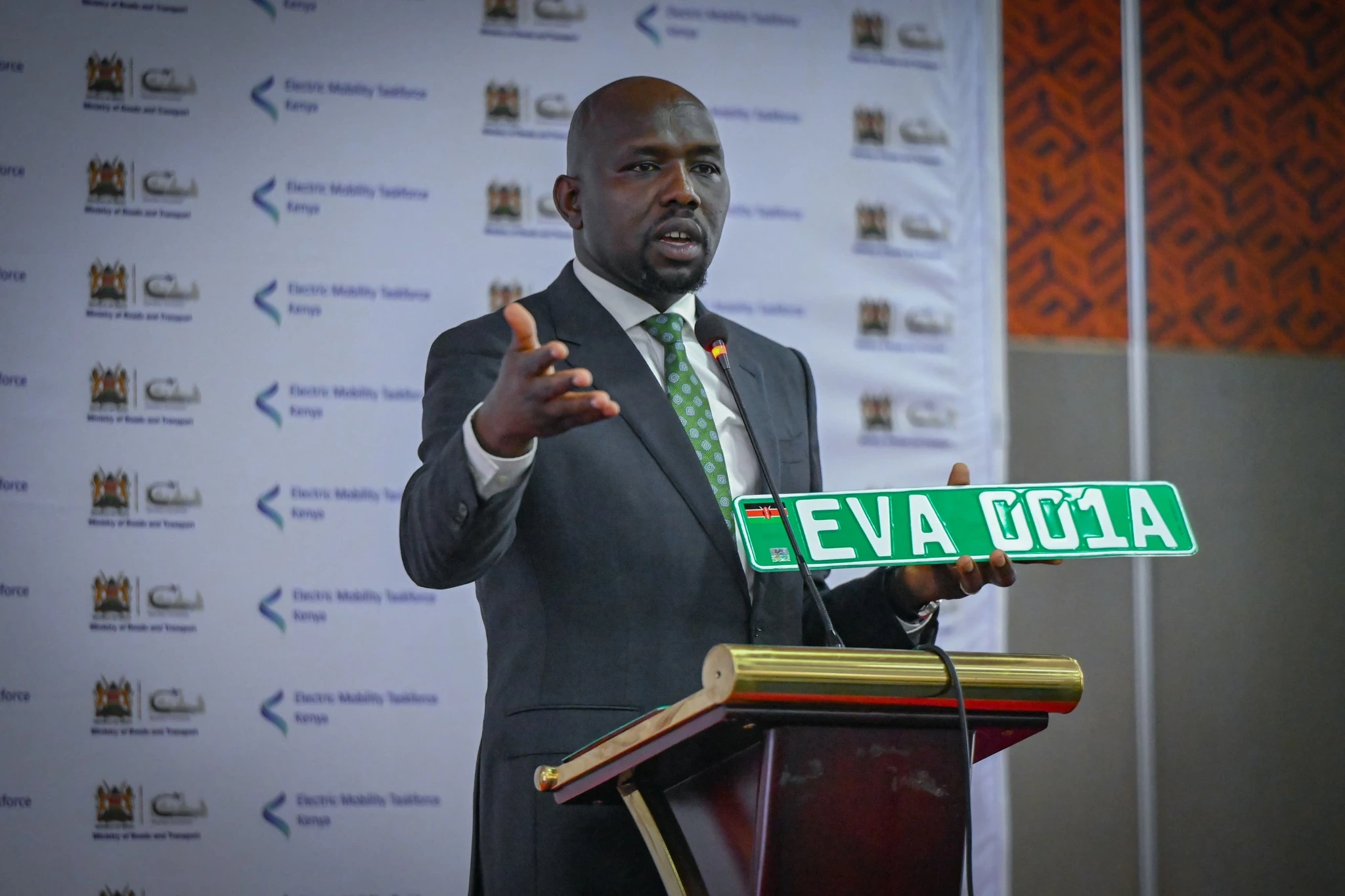
Telemedicine in Kenya: Bridging the Healthcare Gap with AI
Although very many Kenyans, especially those in rural areas, have limited access to healthcare facilities and face the challenge of a shortage of medical professionals, the vast majority of the population resides outside the metropolitan centers where the doctor-to-patient ratio is low; healthcare facilities are lacking, and poor infrastructure impairs access to basic services.
This is evidenced in a national survey conducted between 2019 and 2020, showing only 10% of health centers in Kenya that are equipped with basic tools and infrastructure for comprehensive diagnostics. This inadequacy only worsens the health situation, as many people are not attended to in time or as required.
However, with several telemedicine platforms mushrooming in Kenya, there appears to be something taking form. These service providers avail themselves of the modern technology that brings health to the doorstep of those who most require it.
The Use of AI and Telemedicine in Health Care
Telemedicine is the delivery of healthcare services using digital communications, such as videoconferencing, telephone calls, or data transmission. Artificial Intelligence has been closely related in the last couple of years to telemedicine in enhancing different aspects of health care provision. AI helps analyze diagnostic results more precisely, allows personalized treatment, and enables the remote monitoring of patients.
According to Josef Murad, the CEO and co-founder of BYON8, telemedicine is revolutionizing health since it makes services more available at more affordable costs. Through such platforms as BYON8, patients can consult doctors, get their diagnosis, and get recommendations on treatment without necessarily having to attend a clinic physically. This is very important in rural Kenya, where almost no health facility exists.
Best Telemedicine Platforms in Kenya
A number of Kenyan telemedicine platforms have integrated AI into their service delivery. These include:
- BYON8: This is an AI-powered platform that through its service delivery provides free health services using an AI symptom checker, virtual consultation, and medical packages.
- Daktari Africa: The platform uses AI diagnostic tools in developing the accuracy of the teleconsultation through symptom and medical data analysis.
- Ilara Health: It integrates AI-powered diagnostic devices into its telemedicine to enhance the experience; the healthcare providers can process and analyze patient test results.
- Zuri Health: The company encompasses an AI chatbot that interfaces with the patients, analyzes the symptoms, and then connects them to healthcare providers. The platform at Zuri Health allows patients to receive virtual consultation and personalized care on their mobile devices, hence bridging the geographic gap in access to health care.
Impact of Telemedicine on Rural Healthcare
Telemedicine is playing a critical role in addressing the challenges in health access among rural Kenyans. Such platforms put AI into use, enabling patients in remote areas to access diagnostic services and consultations from a variety of medical experts without necessarily having to make long trips to healthcare centers. This increases health outcomes and lessens the chances of complications due to delayed care.
Besides, the services of telemedicine may include routine check-ups, consulting on mental health issues, and even appointments with specialists. All this makes the spectrum of health care wide, otherwise not available to most Kenyans.
Challenges Facing Telemedicine in Kenya
Despite this, there are considerable challenges facing telemedicine in Kenya. Probably the most striking barrier is that smart devices are expensive. According to the GSMA, 51% of urban and 52% of rural Kenyans considered the cost of a mobile phone or tablet as a key factor in not using mobile internet. By early 2024, the internet penetration was at 40.8%.
Maximilian Mancini, Ilara Health's chief executive, said besides innovation, these are the challenges that require collaboration among governments, technology companies, and health institutions. "policy formulation in terms of comprehensive data privacy will have to be created for an ecosystem that can support the integration of AI in healthcare," he told me.
Future of Telemedicine in Kenya
Though relatively new in Kenya, telemedicine has the potential to revolutionize healthcare. It supplements conventional health models by taking health services closer to the people through digital channels. The doctor-to-population ratio is approximately 1:4000 - about a quarter of the World Health Organization recommended ratio of 1:1000 - meaning that telemedicine stands to fill the gap left by an overstretched healthcare workforce.
Besides the convenience, telemedicine reduces the numbers of physical hospital visits, enhances patients' outcomes, and can lower overall health costs. Greater access via telemedicine has been estimated to potentially reduce healthcare costs for the government by a 15% margin in a recent report.


